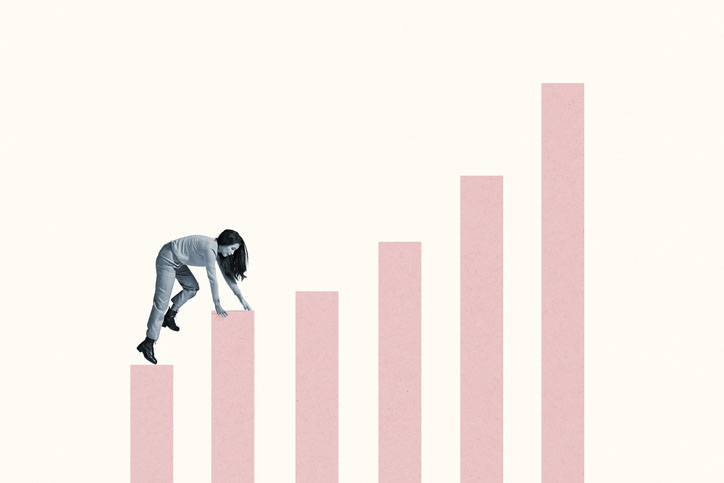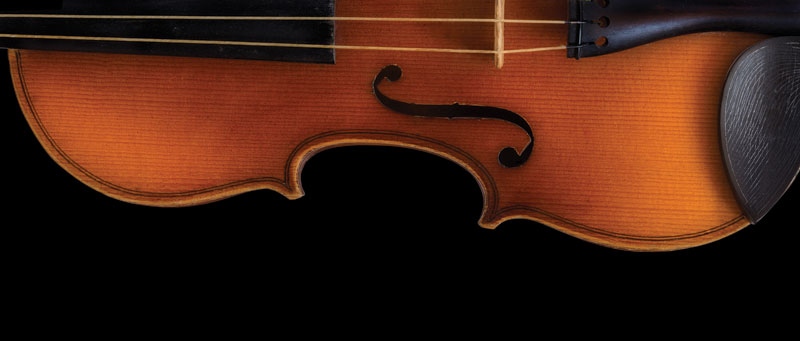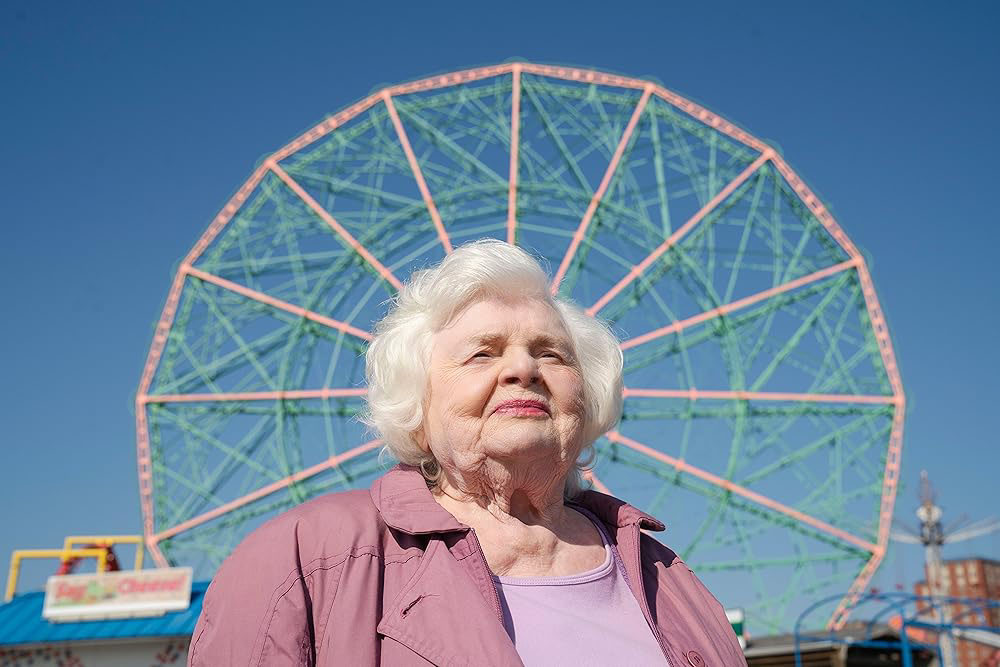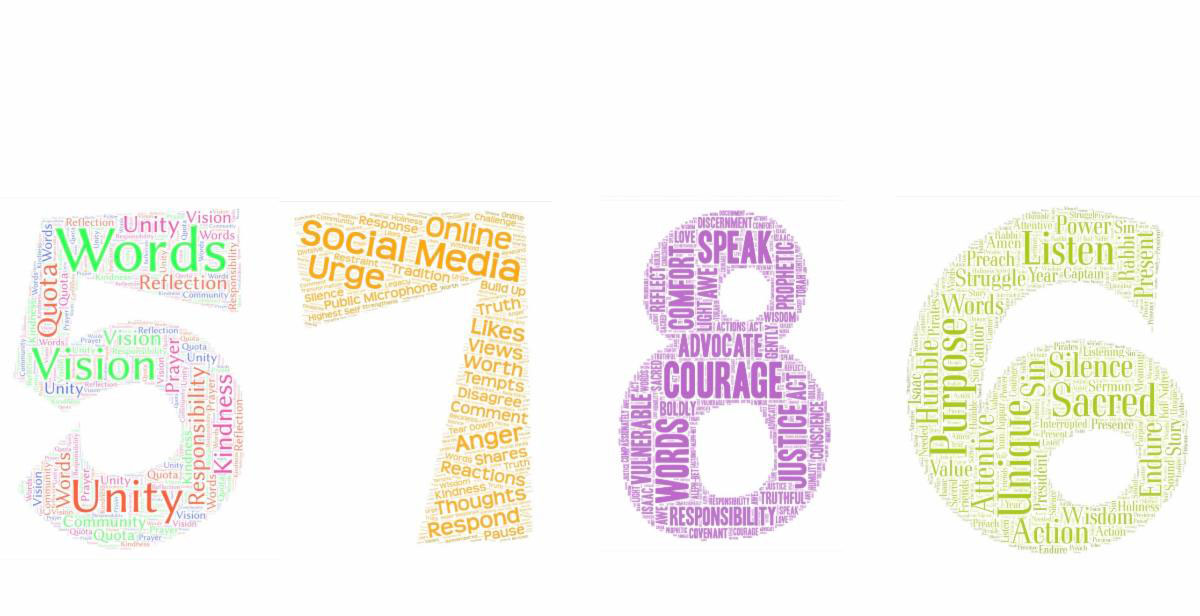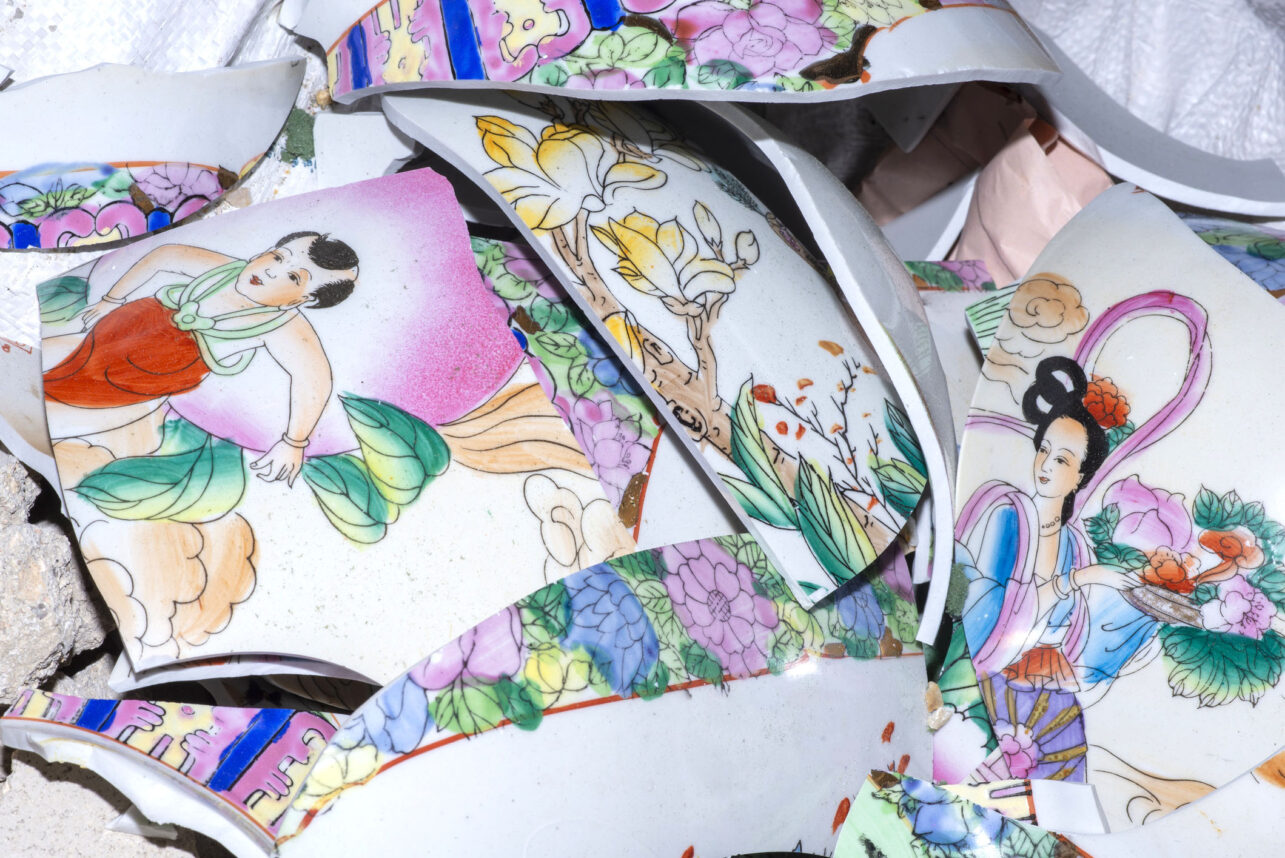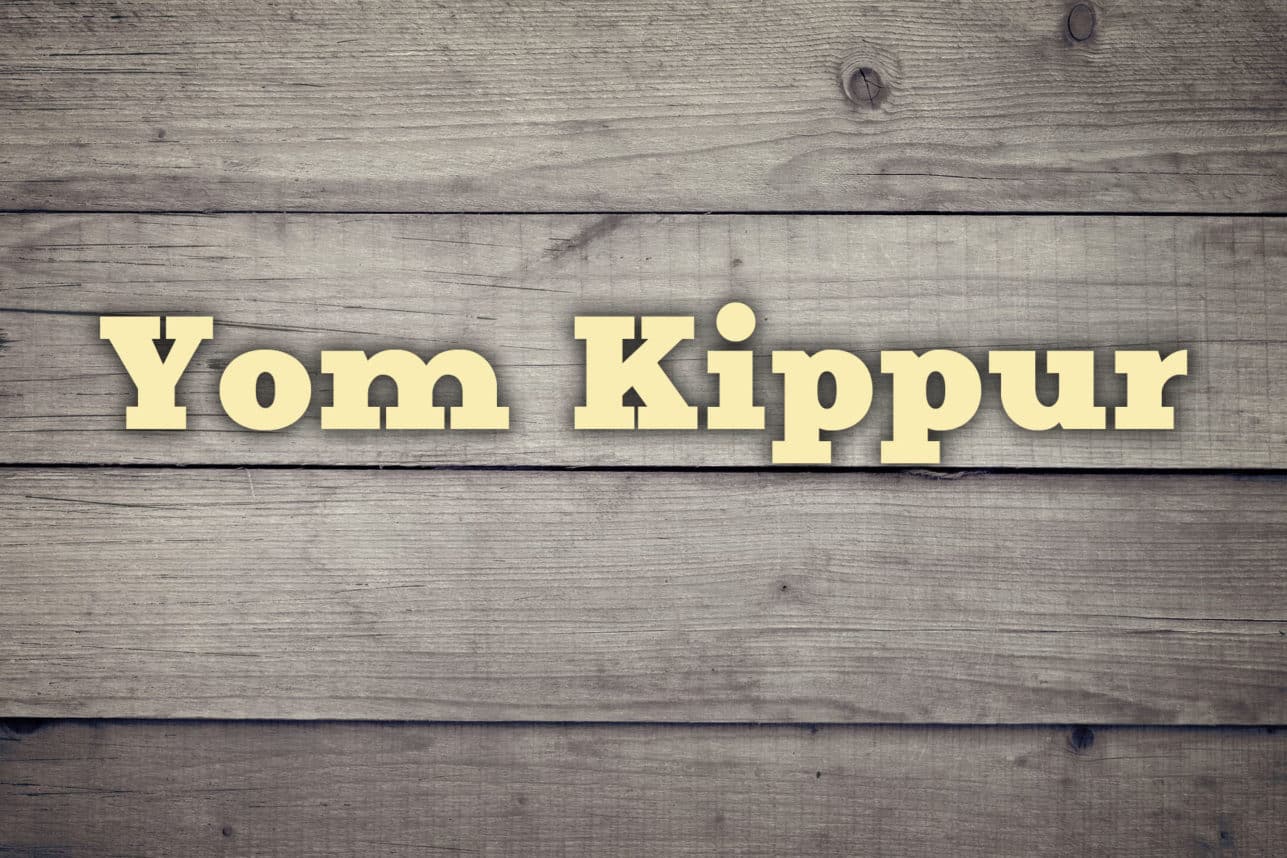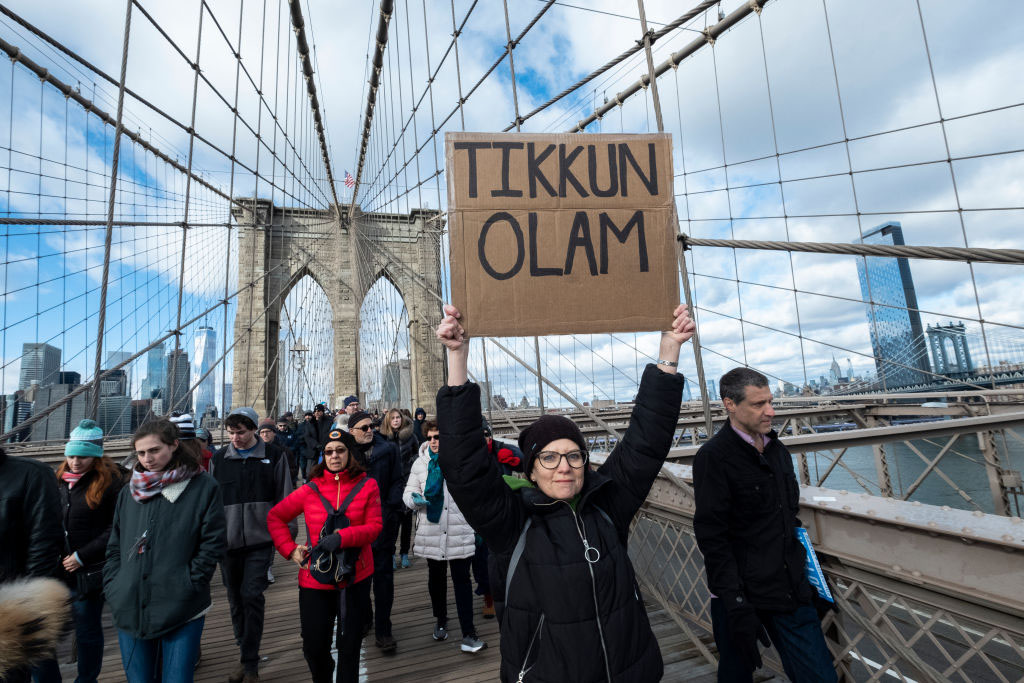Judea Pearl would prefer not to be a role model. “When you say ‘role model,’ all I feel is a burden of responsibility,” the 73-year-old UCLA professor of computer science said. He seems far more comfortable holding up others as examples.
First and foremost is his son, Daniel Pearl, the Wall Street Journal reporter slain in 2002 by terrorists in Pakistan. The past eight years have been filled with frenzied activity for Pearl, an Israel-born computer scientist. As president of the Daniel Pearl Foundation, Pearl tirelessly fights against “the hatred that took Danny’s life” by promoting “cross-cultural understanding through journalism, music and innovative communications.” Focusing his attention on the Middle East, Pearl has written numerous op-ed articles defending Israel and is a columnist for The Jewish Journal (sister publication of Tribe). He participated in a series of public dialogues with professor Akbar S. Ahmed about the differences between Jews and Muslims in an effort to foster understanding between the two groups. (They were awarded the Purpose Prize in 2006 for their efforts.) And, together with his wife, Ruth (Pearl Foundation CFO), Judea Pearl edited the book “I Am Jewish: Personal Reflections Inspired by the Last Words of Daniel Pearl,” which won a National Jewish Book Award in 2005.
In his remarks at a symposium dedicated to Pearl’s own academic work in artificial intelligence held at the UCLA Faculty Center on a Friday in March, the professor made only a passing reference to what he called “his other life.” But when he addressed his colleagues, former students and friends – some of whom had flown in from around the world – Pearl couldn’t help but put forward a few more role models.
Growing up in Bnei Brak in the early days of the State of Israel, Pearl learned math and physics from men who had been professors in Heidelberg and Berlin. These “giants,” after being removed from their academic institutions by the Nazis, fled to the future Jewish state, set aside their own aspirations and began to teach the next generation. “They knew they were building a nation that was devoted to excellence,” Pearl said to the packed room. Pearl went on to study electrical engineering at the Technion — the Israel Institute of Technology — where the young nation invested “precious resources” in him and his fellow students. He called it a “miracle” that the brand-new State of Israel, “a small society of 600,000 citizens, tripled in size — and no one went hungry. Moreover,” Pearl continued, with a smile, “higher education did not suffer any budget cuts.”
Pearl doesn’t just draw attention to individuals he would like to see emulated. He also tries to illuminate the symbolic value of whatever he sees. Sitting in the living room of his home in the hills of Encino, Pearl explained why, despite being an avowed atheist, he still makes Kiddush every Friday night.
“Symbols are very important for automata,” the director of UCLA’s cognitive systems laboratory said, likening human beings to the “brainless robots” he sometimes uses in his thought experiments. “Symbols rearrange priorities of software systems. So every Friday night, a piece of software that says ‘You belong to a collective called the Jewish People’ is raised a few steps above other considerations.”
The Jewish people are, for Pearl, primarily bound together by shared history, and the State of Israel is “the most full expression of our collective bond.”
“At Mount Sinai, where the Jewish nation was formed, they already had a national mission — to go to the Promised Land,” Pearl said. “Before they even got the Torah. They had history already, and the role models of the patriarchs. This is what makes a nation.”
And Israel is “a natural organic development of history.” Pearl recognizes that, as an expatriate, “there is some element of betrayal” in his decision to be away from the homeland. But today, he said, “In Israel, people accept the legitimacy of living outside Israel.”
He doesn’t mean to let the Israeli community here off the hook: Israelis living in Los Angeles must “carry the Israeli flag with their presence, with their Hebrew, with their songs.” Pearl is trying to do just that as he endeavors to rally the Israeli community behind an idea for a new symbolic event: an annual commemoration on Nov. 29.
“From a historical viewpoint, it is the most course-changing event since the destruction of the Temple,” Pearl said, referring to the date in 1947 when the United Nations General Assembly voted in favor of Resolution 181, the act that recommended partitioning the British Mandate of Palestine into a Jewish state and an Arab one. Pearl imagines that day as “a Jewish thanksgiving day in Los Angeles, whereby the Jewish community — spearheaded by the Israeli community — will give thanks to the 33 nations that voted “yes.”
Ultimately, it’s not just the symbolism of the date that matters to Pearl. It’s also the chance to present a group of nations as role models.











